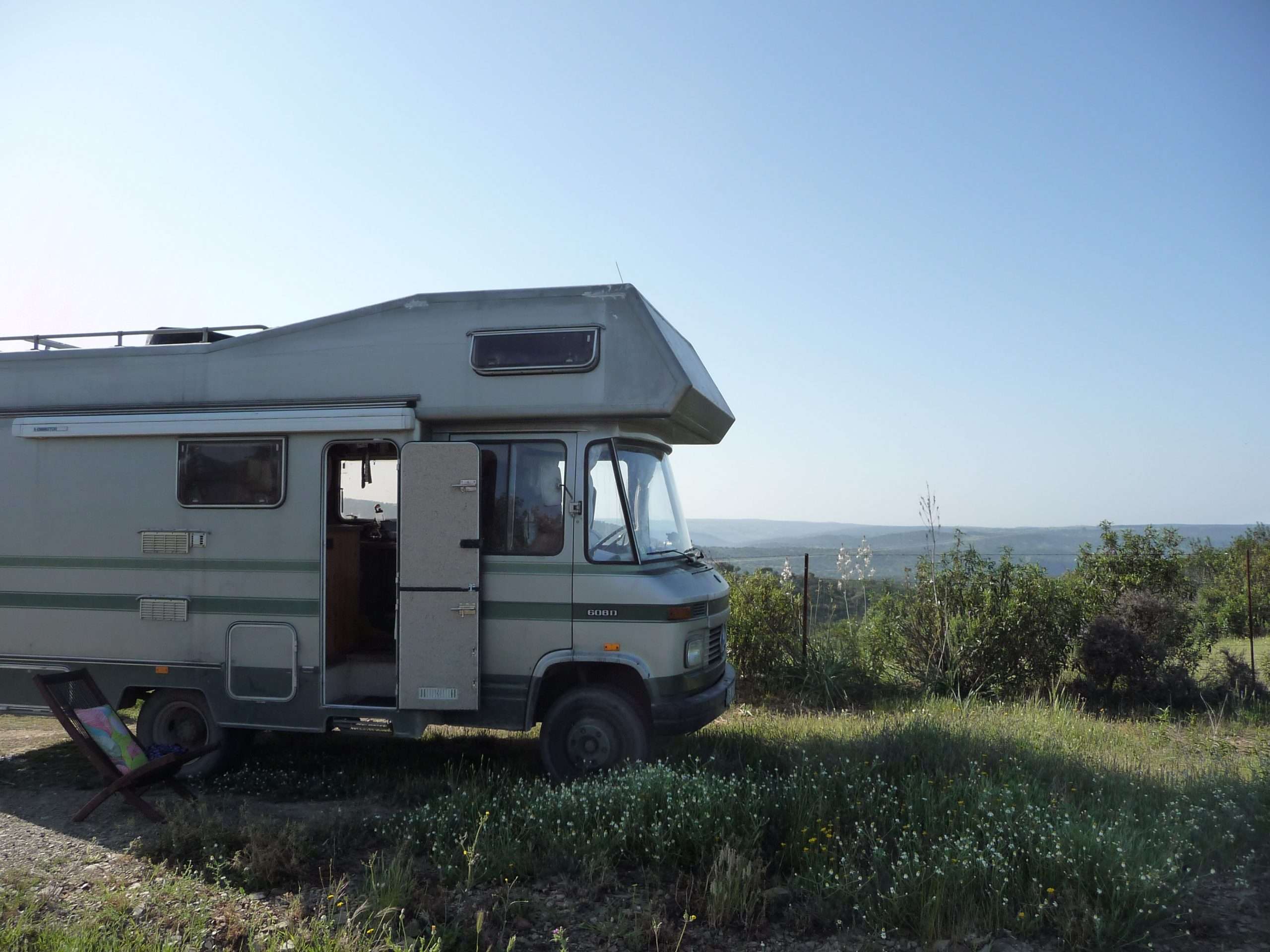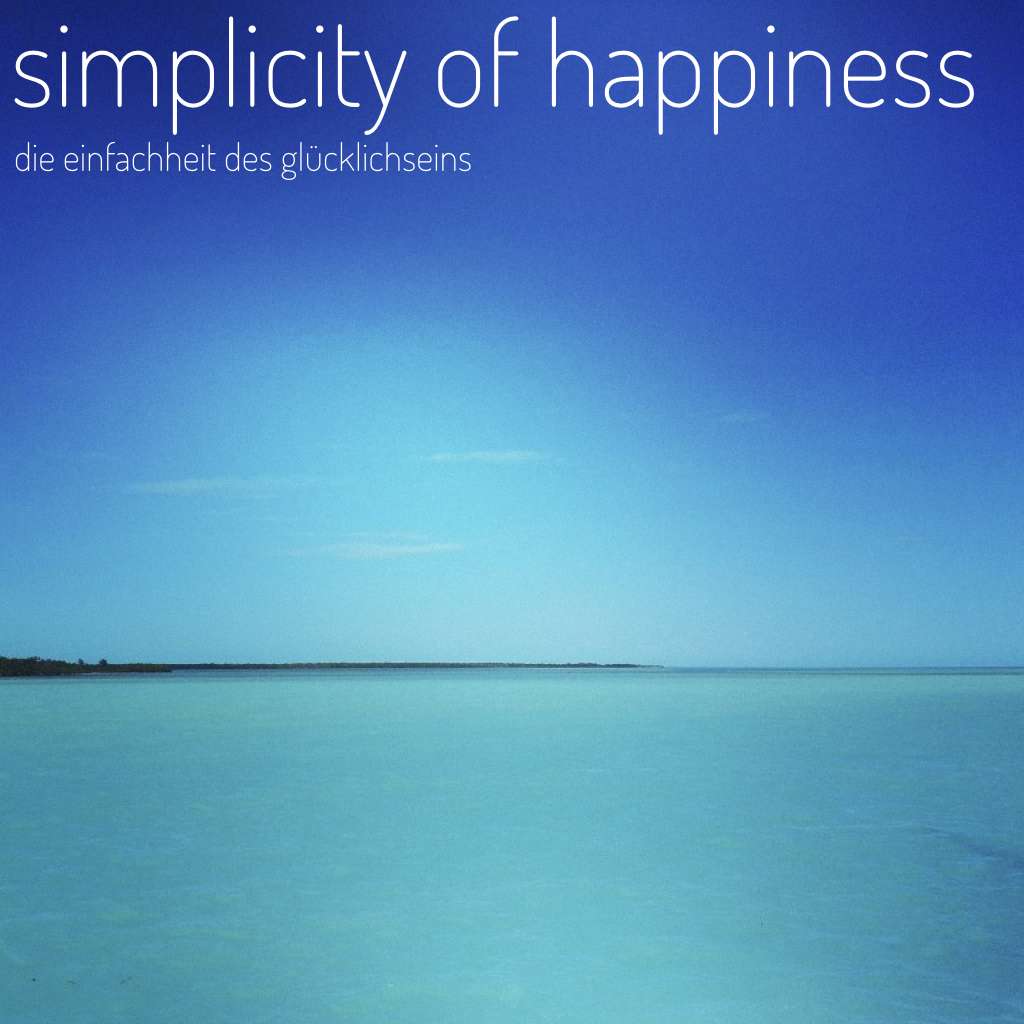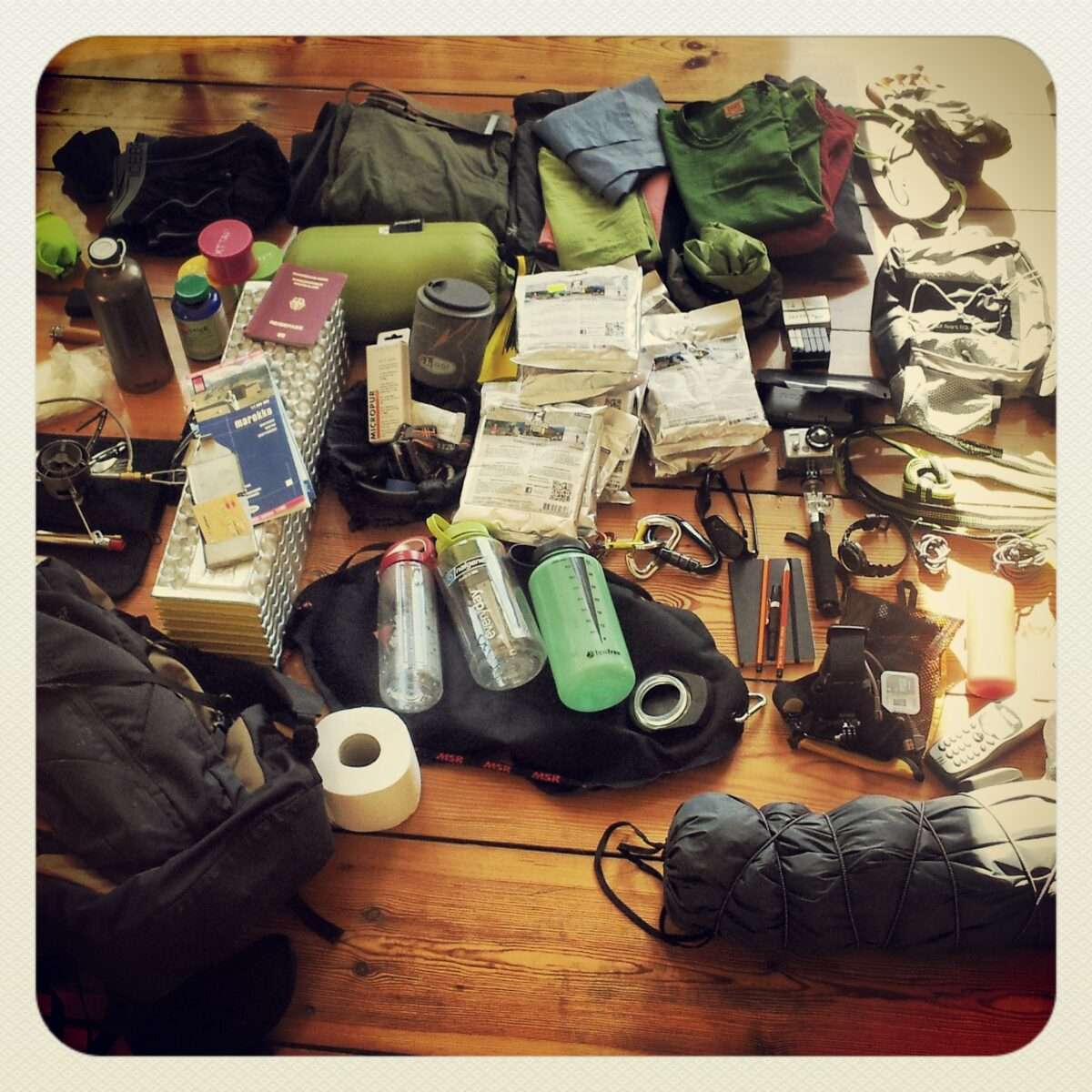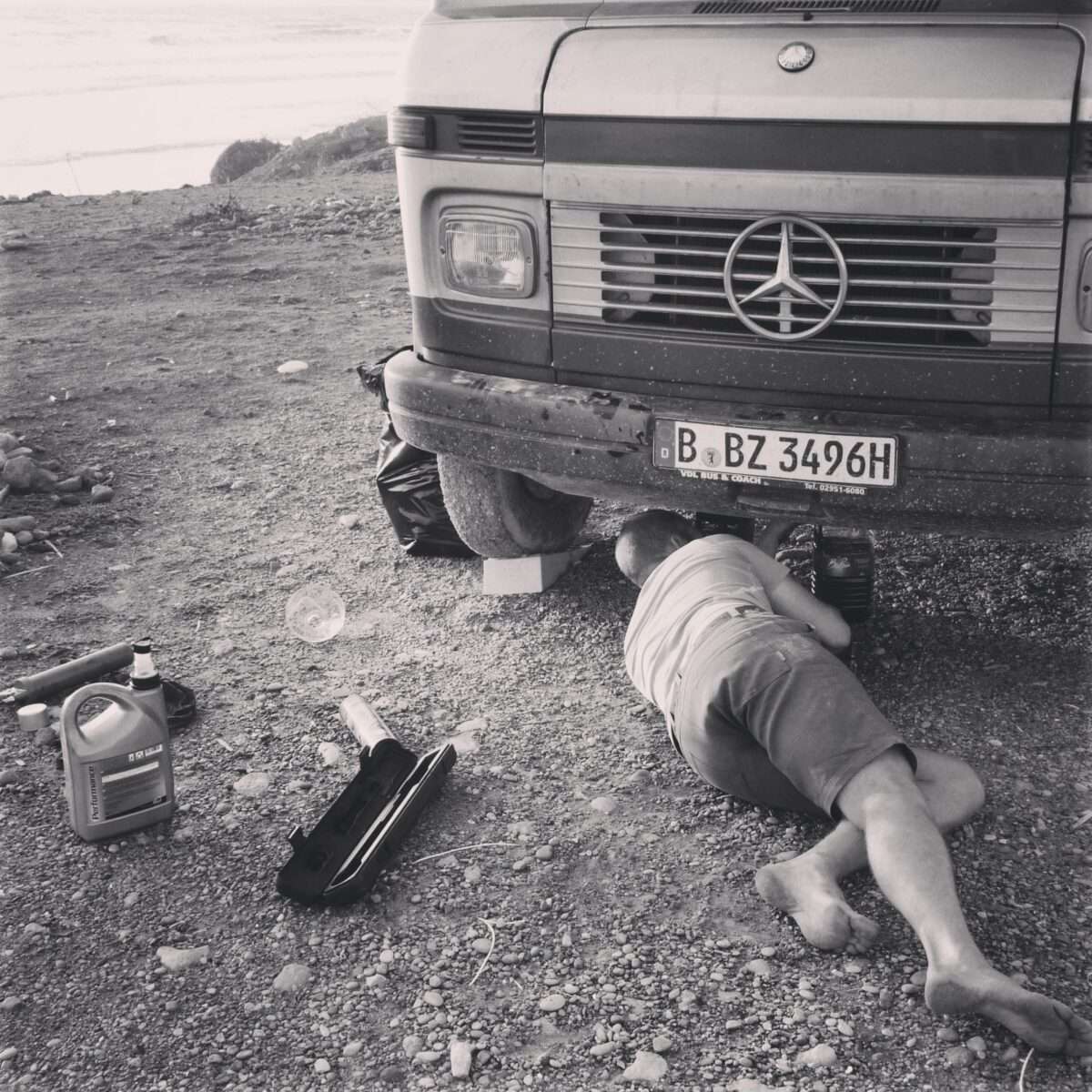why i offer free coaching sessions
I’ve been where you are.
Full of ambition, clarity at times—yet stuck. Unsure where to turn.
I know what it feels like to need support but not know how to ask for it.
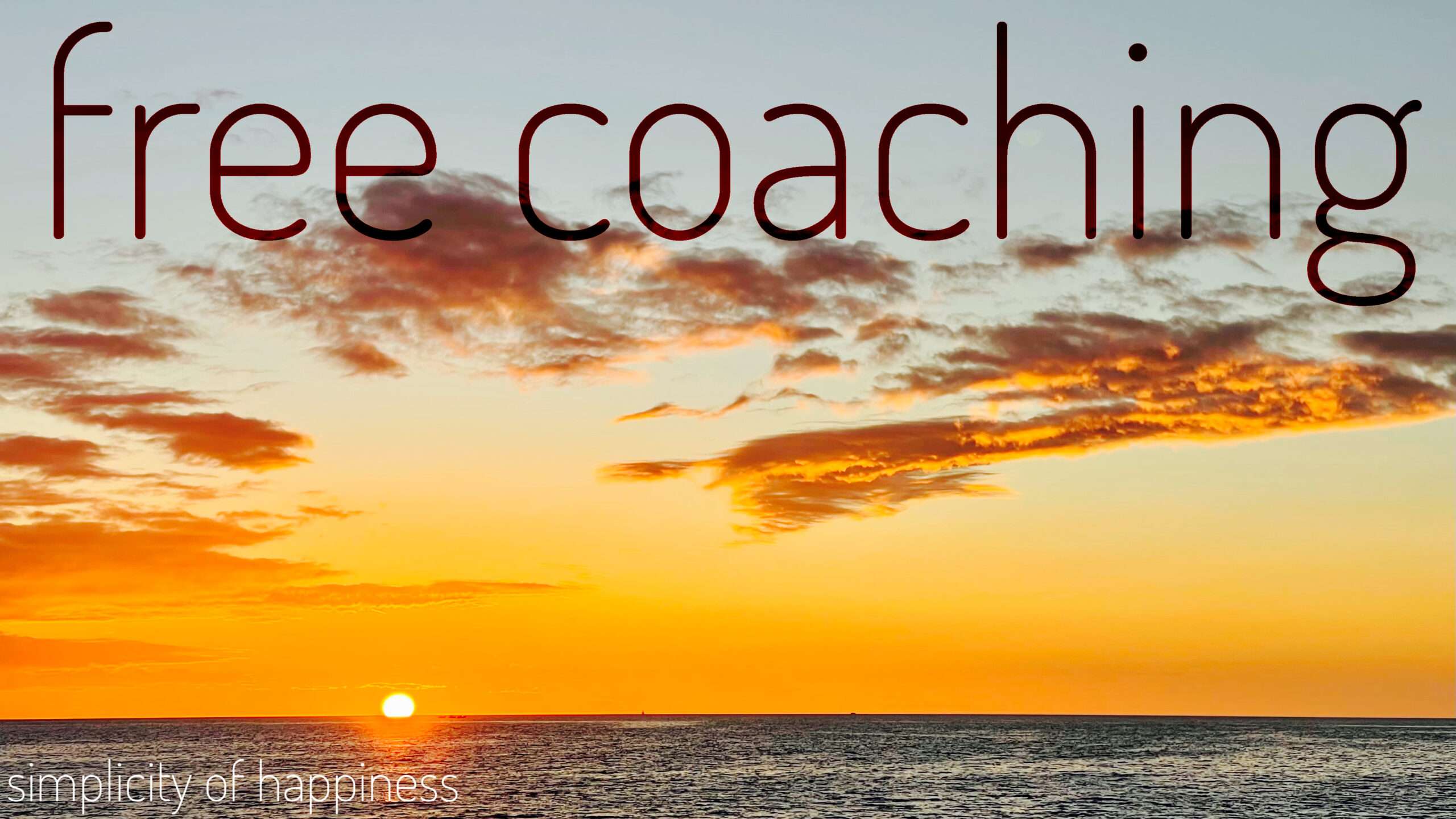
That’s why I offer one coaching session per week for free.
Because helping is what drives me.
I genuinely enjoy holding space for others to shift. It’s not just about giving—it’s about the clarity, courage, and transformation that can happen in a single powerful conversation.
Because real impact starts with a chance.
Some of the most driven, talented people don’t have the financial means—yet. This is my way of backing those who are ready to move.
Because I’ve been there.
I’ve had the vision, but not the support. This is how I give back—by offering what I once needed.
Because experience beats advertising.
I don’t do ads. I believe in real connection. If our conversation works for you, you’ll remember it. Maybe you’ll come back. Maybe you’ll refer someone. Maybe you’ll simply take the clarity and run with it.
No pressure. No pitch. No strings.
This is a gift.
All I ask is that you show up fully. Be honest. Be real. Be willing to go there.
You’ll take from it what you’re ready for.
What happens next is up to you.
See you soon,
floh
